Expanding the jurisdiction of the court
At the discussion session, delegates agreed with the necessity of amending the Law on Organization of People's Courts to overcome difficulties and shortcomings after 8 years of law implementation; at the same time, institutionalize the Party's resolutions on continuing to build and perfect the socialist rule-of-law state and the requirements, tasks and solutions for judicial reform in the current period.
Regarding the organization of the court, delegate Nguyen Thi Yen Nhi ( Ben Tre ) said that the provisions of the draft law are "no different from the current law" because these courts are still organized and have jurisdiction according to the respective administrative units at the provincial and district levels. "In general, this change is only in the name. The tasks, powers, internal organizational structure, leadership mechanism of the Party Committee, supervision of local elected bodies, coordination relations with agencies... are still implemented according to current regulations. The appellate court but still conducts first-instance trials according to its authority. It is recommended that the drafting agency conduct further research, if necessary, to make comprehensive and substantial innovations, and if the conditions and feasibility are not sufficient, it should be kept as prescribed in the current law," delegate Nguyen Thi Yen Nhi said.
Chief Justice of the Supreme People's Court Nguyen Hoa Binh spoke to explain and clarify a number of issues raised by National Assembly deputies. Photo: Doan Tan/VNA
Regarding this issue, delegate Tran Thi Thu Hang (Dak Nong) said that renaming the People's Court of a province or centrally-run city; People's Court of a district, county, town, provincial city and equivalent to the People's Court of Appeal and the People's Court of First Instance will overcome the perception that the court is a local administrative agency, causing difficulties in handling and resolving issues related to the organization and operation of the court, greatly affecting the implementation of the principle of independent adjudication of the court.
“However, if we only stop at changing the name, the number of courts will still be tied to the administrative boundaries; the organizational structure, functions, tasks, and powers of these courts will not change, and will not yet reflect the characteristics of the court organization model according to jurisdiction. Therefore, there needs to be a comprehensive adjustment, in line with the long-term development orientation,” said delegate Tran Thi Thu Hang.
Ensure objectivity to make fair judgments
National Assembly delegate of Hanoi Nguyen Huu Chinh speaks. Photo: Doan Tan/VNA
Concerned about the collection of evidence, delegate Nguyen Huu Chinh (Hanoi) agreed with the provisions in the draft and said that the court's non-obligation to collect evidence is consistent with current practice and trends as well as current legal principles and procedural regulations. In addition, the court collecting documents for the litigant invisibly does the work for the litigant, making them rely on the court, leading to a long-term work overload.
"The fact that the parties themselves collect and submit evidence is in accordance with current international practice and compared to current law, the parties are given more favorable conditions," said delegate Nguyen Huu Chinh.
However, the delegate said that according to current law and practice, there are still many difficulties in some cases where the court requests the collection and submission of documents related to some state agencies and organizations. If the litigant is allowed to collect documents and evidence related to these agencies and organizations by himself, it will be even more difficult. Therefore, delegate Nguyen Huu Chinh proposed to add the court's support for litigants in verifying and collecting documents that state agencies and organizations are keeping and managing records.
Debating with delegates' opinions on whether the court should preside over the collection of evidence or not, delegate Truong Trong Nghia (Ho Chi Minh City) said, "It is necessary to stipulate that the court collects evidence to ensure the objectivity of the case in order to make a fair judgment for all parties."
The delegate analyzed: “Vietnam follows the civil law system, the court and the judge preside over the assessment, review and, if necessary, collect evidence. Furthermore, the name People's Court only exists in Vietnam, while it does not exist in other countries; meanwhile, Vietnam's conditions have differences in the gap between rich and poor, people's intelligence, culture, urban and rural areas. Therefore, many people do not have the conditions to litigate fully, if it is delegated to the parties, it will be very disadvantageous for the disadvantaged people.”
Delegate Truong Trong Nghia said that the court presiding over the collection of evidence does not contradict the parties collecting evidence themselves, but each side collects evidence that is beneficial to them and hides evidence that is disadvantageous to them. “Is the law amended to make it more convenient for the people, to better protect the people’s rights or to make it more convenient for the court? If it is to make it more convenient for the people, the court’s authority and responsibility to collect evidence should not be removed,” said Delegate Truong Trong Nghia.
However, delegate Mai Khanh (Ninh Binh) said that in reality, when litigants submit petitions, most of the evidence collection is based on the court. Therefore, some consequences have arisen, such as the situation of doubting the evidence collection of judges, causing individuals and organizations to "forget" the duty of providing evidence to litigants and people. This has led to the situation where agencies and units use the excuse that they only provide evidence to people when requested by the court.
“Now is the right and necessary time to change this issue. If we continue with the current regulations, the effort towards a civilized judiciary that serves the people will be focused on the court, ignoring the role of other agencies that hold evidence in providing it to the people,” said delegate Mai Khanh.
According to VNA/Tin Tuc Newspaper
Source




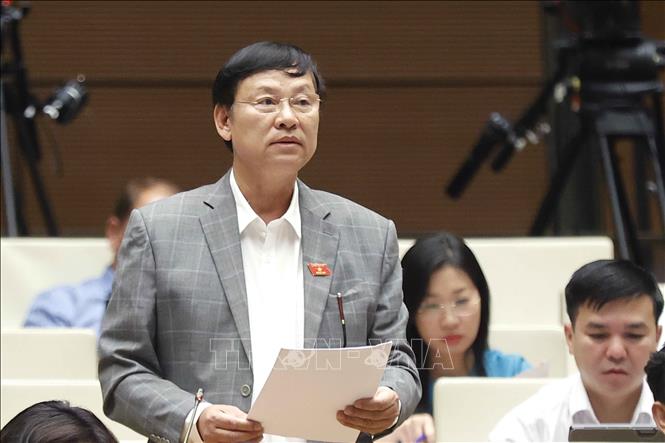

![[Photo] National Assembly Chairman Tran Thanh Man holds talks with New Zealand Parliament Chairman](https://vphoto.vietnam.vn/thumb/1200x675/vietnam/resource/IMAGE/2025/8/28/c90fcbe09a1d4a028b7623ae366b741d)
![[Photo] General Secretary To Lam attends the opening ceremony of the National Achievements Exhibition](https://vphoto.vietnam.vn/thumb/1200x675/vietnam/resource/IMAGE/2025/8/28/d371751d37634474bb3d91c6f701be7f)

![[Photo] Politburo works with the Standing Committee of Cao Bang Provincial Party Committee and Hue City Party Committee](https://vphoto.vietnam.vn/thumb/1200x675/vietnam/resource/IMAGE/2025/8/28/fee8a847b1ff45188749eb0299c512b2)
![[Photo] Red flag with yellow star flutters in France on National Day September 2](https://vphoto.vietnam.vn/thumb/1200x675/vietnam/resource/IMAGE/2025/8/28/f6fc12215220488bb859230b86b9cc12)
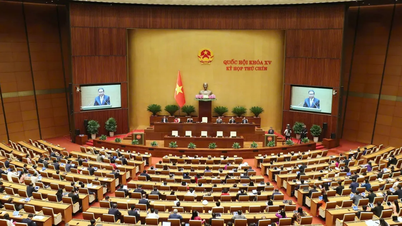



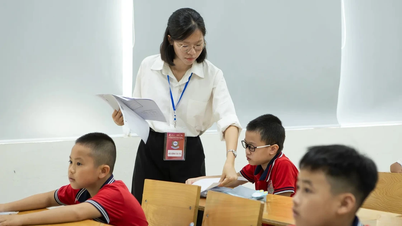



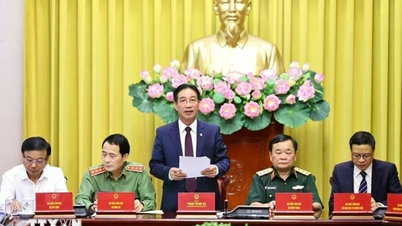

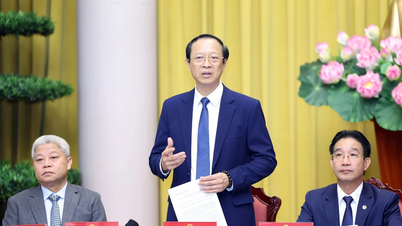
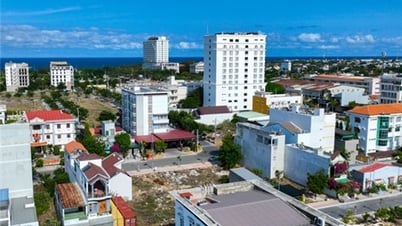



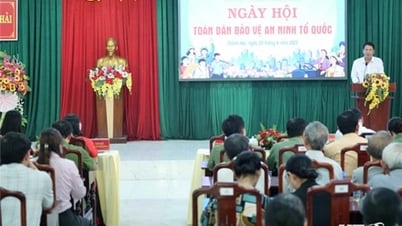
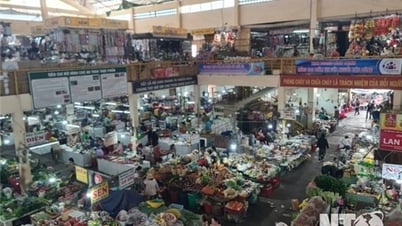






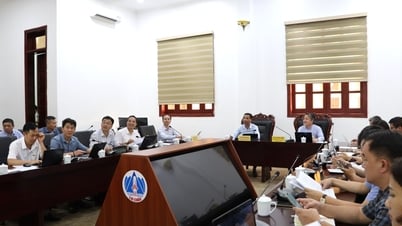


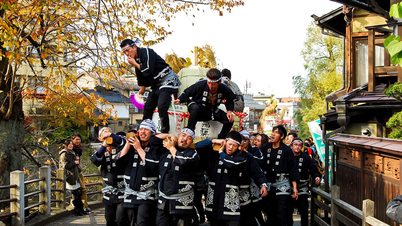

























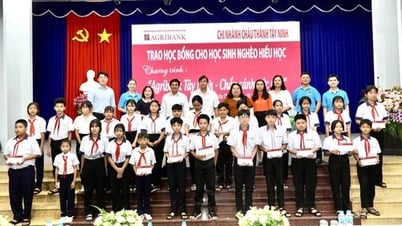













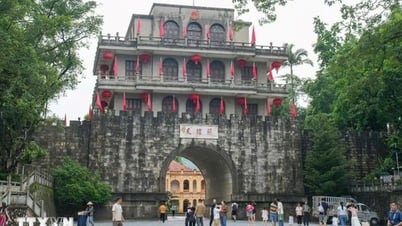



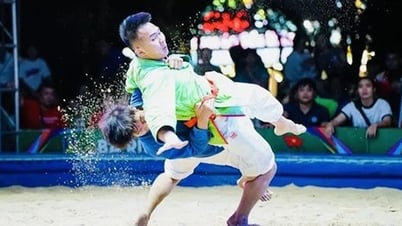
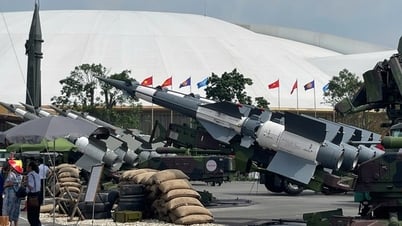


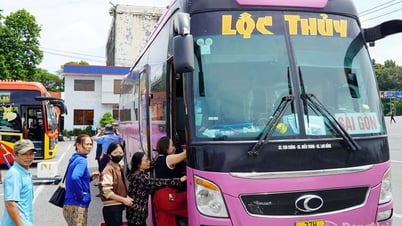
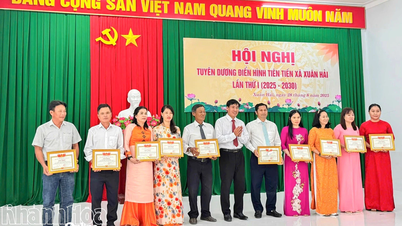

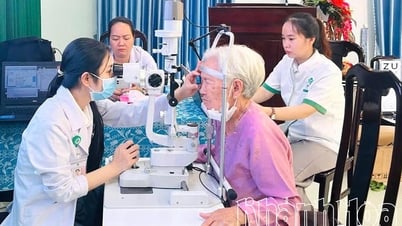
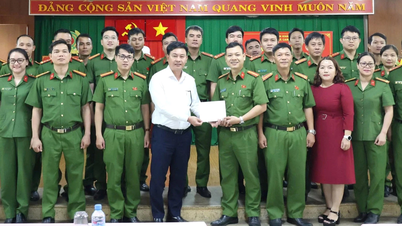













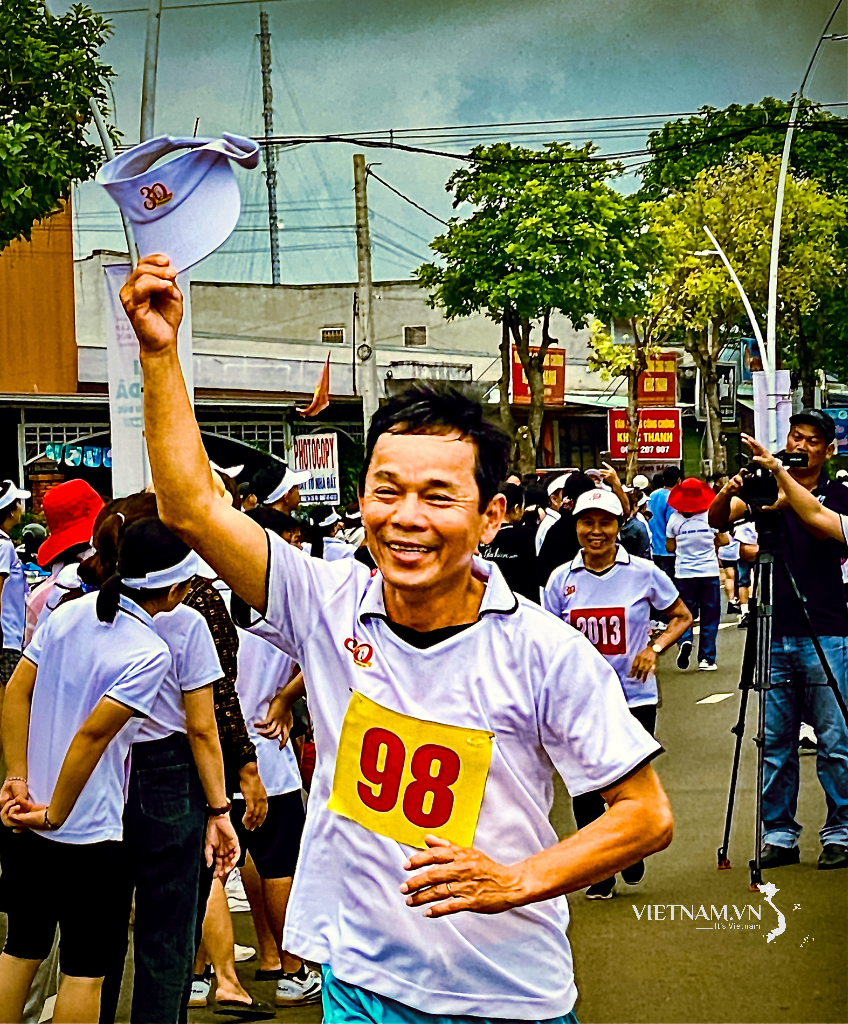


Comment (0)